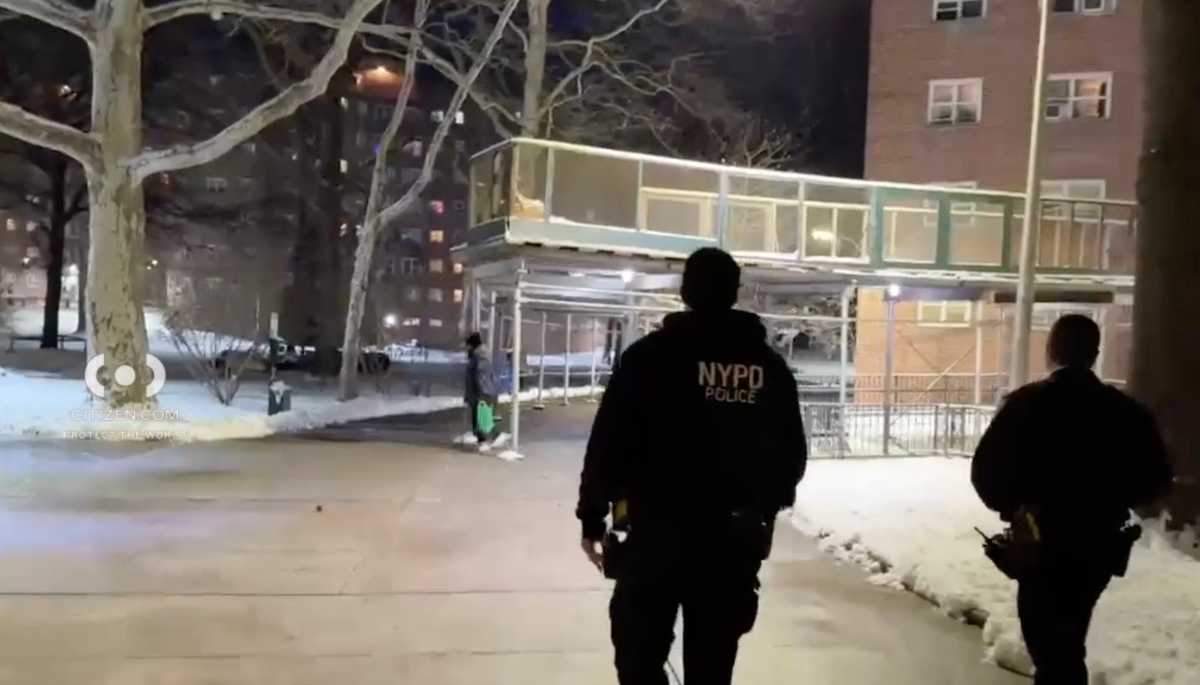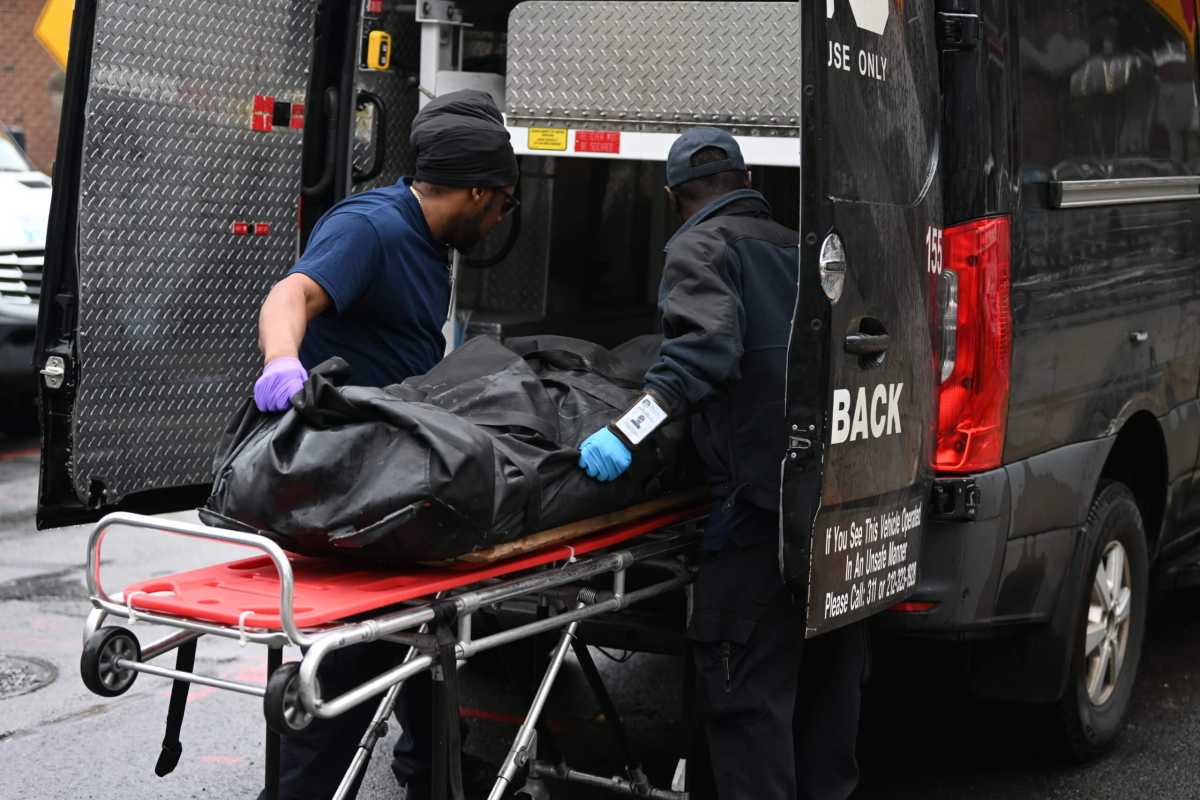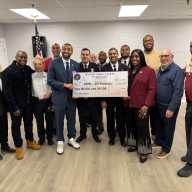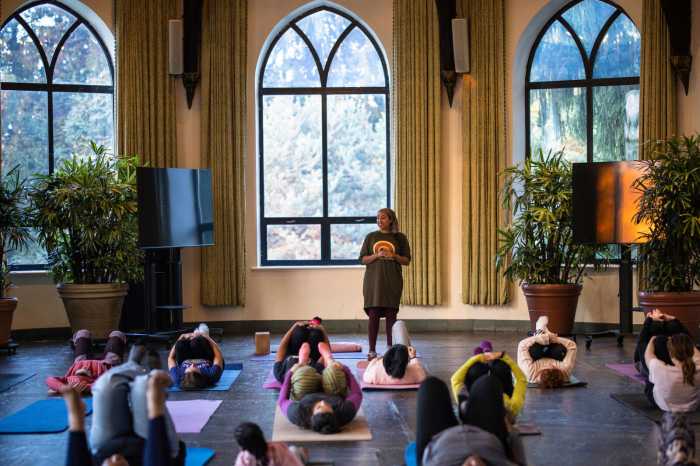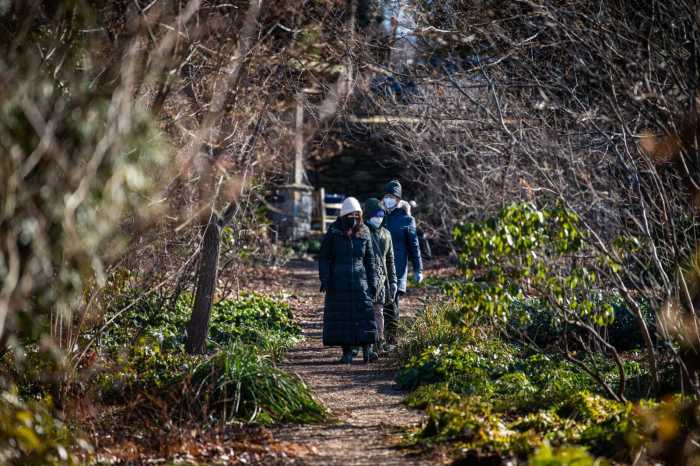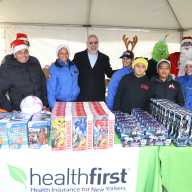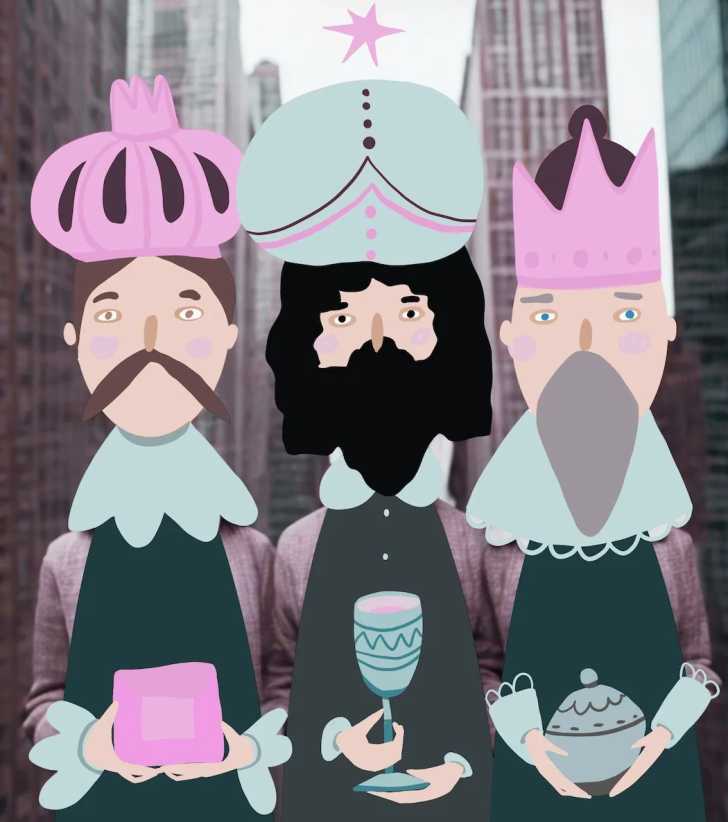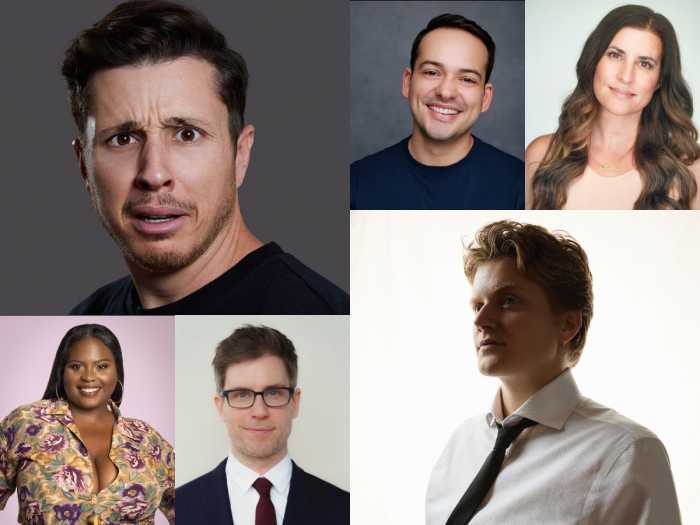Fernando Ferrer started his day on September 11 the same way a lot of other New Yorkers did – by voting in the Democratic mayoral primary election. Ferrer, however, voted for himself. And he had plenty of reasons to feel good about it. The then-Bronx borough president was polling very well for both his party’s primary and the general election. A week earlier he had secured a major endorsement from 1199 SEIU New York’s Health and Human Services Union.
But just hours later, Ferrer quickly realized the day would not turn out as he expected. In his words, he shifted from election mode, to “full crisis mode.”
As the day unfolded, the race to be Rudy Giuliani’s successor quickly became an afterthought, and the primary was postponed until Tuesday, September 25. One of the many ripple effects of the events of September 11th was how it impacted New York City’s line of mayoral succession, and Ferrer, who led the Bronx for 14 years before 2001, was right in the middle of it.
With an extra two weeks to campaign, Ferrer’s main primary challenger, Mark Green, built enough momentum to block his Bronx rival from receiving 40 percent of the vote and forced a run off between the two on October 11.
Green won the run off before losing the general election to Michael Bloomberg, who spent $68 million of his own dollars to campaign in a distracted city.
On the morning of the 11th, Ferrer was on a high. After making his way through an early press scrum at Francis Schervier Home on 227th St and Independence Avenue, he cast his vote and got in a car with a couple of his assistants and began the trek to lower Manhattan.
“I felt good that day,” he said. “I thought we were going to win the primary.”
Oldies were blasting on WCBS-FM and the mood was buoyant as the group made its way downtown.
But as the car approached the Triborough Bridge off the Bruckner Expressway around 9 a.m., one of Ferrer’s assistants got a call from his wife saying there had been an explosion at the World Trade Center.
They kept going. As they approached the toll plazas on the bridge, Ferrer saw smoke billowing across the Manhattan skyline.
They continued on to Manhattan, but the mood and their attention shifted from oldies to 1010 WINS. That was when they heard the explosion was a result of a plane hitting one of the towers.
Ferrer realized then, before anyone else he was with, that the primary was giong to be delayed.
“I remember saying to everyone in the car ‘Oh God. This is no accident. Let’s get back to the [borough president’s] office,” Ferrer said. “ And they said ‘oh no, we have a schedule.’”
At the boss’ orders, the car pulled off the FDR Drive at the very first exit in east Harlem and made its way back up to the Bronx County Building.
“What was amazing to me was how many otherwise smart people did not know what was going on,” he said. “What don’t you understand about the attack? I think a lot of people were in denial.”
The election was canceled by the state a little over an hour after the second plane struck.
Ferrer’s time at his office didn’t last long that morning. His team was advised by police that it was a “secondary target” and they would needed to evacuate.
And like many New Yorkers, he was worrying about a loved one in lower Manhattan. His then-22-year-old daughter was just out of college and working blocks away from the towers.
“She was just a young kid. It was harrowing,” he said. “Once we finally got a hold of her I was able to breath a little easier.”
With nowhere else to go they headed up to the Bronx County Democratic Committee headquarters on Westchester Square. With focus no longer on the election, Ferrer turned his attention to doing whatever he could to help the city.
He spent the afternoon and night delivering supplies to drop-off points that would then transfer them to Ground Zero. He organized a prayer vigil on Grand Concourse. He got a fax from the Coca Cola Corporation (which was unable to get in touch with the mayor) saying that it wanted to donate $10 million to the city.
“I went by the fire houses in the Bronx and I remember seeing the guys coming back covered in white dust,” he said.
With a new primary day set for two weeks after the attacks, and then the subsequent run off, Ferrer found he was no longer running in the same election, and he found it difficult to focus on the campaign the way he had throughout the summer.
“It was unbelievably hard,” he said. “What struck me was 3,000 families lost a loved one. Then everybody has a bright idea about exploiting this in some political way. Every political consultant on my campaign and everyone else’s was saying ‘lets wrap ourselves in the flag.’ I said ‘stop.’”
I remember a candidate saying ’why couldn’t this have happened November 11th’ And I said what are you talking about?’ This weighed very heavily.”
Ferrer won the Democratic primary four years later, but lost the general election to the incumbent Bloomberg.
He currently serves on the board of the MTA and works for a public affairs firm.
“Friends still call me up on the 11th and ask me how I feel,” he said. “It took a very heavy toll.”



